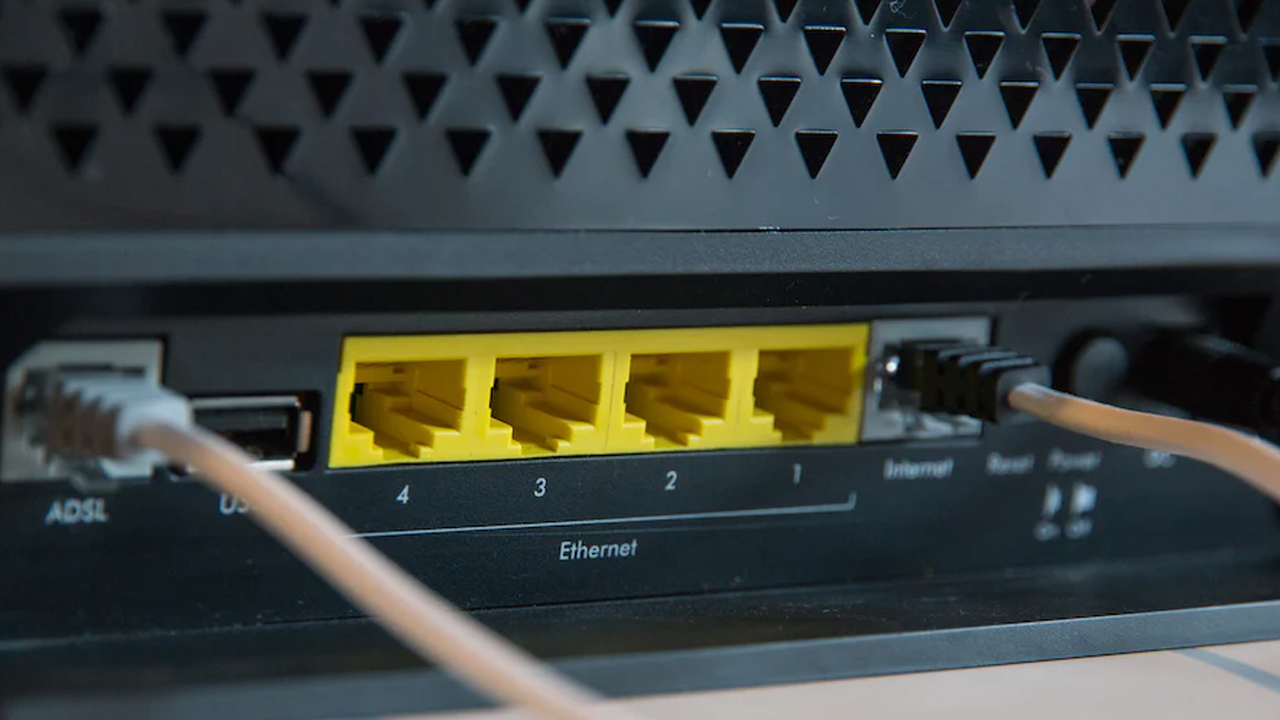WiFi vs Wired: Pros, Cons, and Which is Right for You
Wifi vs Wired Internet: In the ever-connected world we live in, choosing the right internet connection is vital. Whether you’re streaming your favorite shows, working from home, or gaming online, your choice between WiFi and wired can make a significant difference. In this article, we’ll break down the pros and cons of each option to help you decide which one suits your needs best.
WiFi: The Pros and Cons
Pros of a WiFi connection:
1. Convenience: WiFi offers the ultimate convenience, allowing you to access the internet from anywhere within the range of your router. No more being tethered to a specific spot; you can move freely around your home or office while staying connected.
2. Mobility: Have a laptop, smartphone, or tablet? WiFi enables all your wireless devices to connect to the internet, offering seamless mobility. You can work in your cozy living room, binge-watch in bed, or even take your online meetings to the garden.
3. Cost-effective: Setting up a WiFi network is budget-friendly since it doesn’t require the purchase and installation of physical cables. You can save on installation costs and avoid the hassle of running cables through your walls.
Cons of a WiFi connection:
1. Limited range: While WiFi offers mobility, it does come with limitations. Signal strength can be affected by walls, distance, and other obstacles. If your router is too far away, you might experience slow or unreliable connections.
2. Interference: WiFi signals can be disrupted by other electronic devices and appliances in your home. Microwaves, cordless phones, and even neighboring WiFi networks can interfere with your connection quality.
3. Security: Wireless networks are more susceptible to hacking and security breaches compared to wired networks. If not properly secured, your WiFi network can be vulnerable to unauthorized access.
4. Speed: Although WiFi technology has improved significantly, a wired connection still tends to provide faster and more consistent speeds. When multiple devices are connected to the WiFi network, you may experience reduced speed.
Wired: The Pros and Cons
Pros of a wired connection:
1. Speed: Wired connections are known for their blazing-fast internet speeds. If you require lightning-quick downloads, smooth gaming, or high-definition streaming, a wired connection is the way to go.
2. Stability: Wired connections are less susceptible to interference and signal strength issues, providing a stable and reliable internet connection.
3. Security: Wired networks are generally considered more secure than wireless ones. With physical access required, unauthorized users are kept at bay.
Cons of a wired connection:
1. Limited mobility: The most apparent drawback of a wired connection is its lack of mobility. Devices need to be physically connected to the router via Ethernet cables, which can limit your flexibility.
2. Cost: Setting up a wired network can be more expensive due to the purchase and installation of physical cables. It might not be the most cost-effective option, especially if you need to hire professionals for installation.
3. Inconvenience: Dealing with Ethernet cables can be inconvenient, and they might not be practical in all living spaces. Cables can be unsightly and require careful planning to avoid clutter.
WiFi vs Wired: Making the Right Choice
The choice between WiFi and wired internet ultimately comes down to your specific needs and preferences. Here are some considerations to help you make the right decision:
Choose WiFi if:
- You prioritize convenience and mobility.
- You have multiple wireless devices that need to connect.
- Running cables through your space isn’t practical or aesthetically pleasing.
- You can optimize your WiFi network with the latest technology like WiFi 6 and secure it properly.
Choose wired if:
- Speed and stability are your top priorities.
- You work from a fixed location, like a home office.
- You want a more secure and interference-free connection.
- You’re willing to invest in the initial setup and don’t mind the presence of cables.
In the end, both WiFi and wired connections have their unique advantages and disadvantages. By understanding your specific needs, you can make an informed choice that ensures your internet connection aligns with your lifestyle and preferences.
WiFi vs Wired: Common Questions and Scenarios
1. Is WiFi slower than a wired connection?
- WiFi speeds can be slower than wired connections, especially when multiple devices are connected to the network. However, with advancements like WiFi 6, WiFi speeds have significantly improved.
2. Can I use both WiFi and wired connections at the same time?
- Yes, you can use both simultaneously on different devices. This can be useful for households or offices with a mix of wired and wireless devices.
3. How can I improve my WiFi signal strength?
- To improve WiFi signal strength, consider placing your router in a central location, using WiFi range extenders, or upgrading to a more powerful router.
4. Are wired connections more secure than WiFi?
- Generally, wired connections are considered more secure because they are less susceptible to hacking and interference
